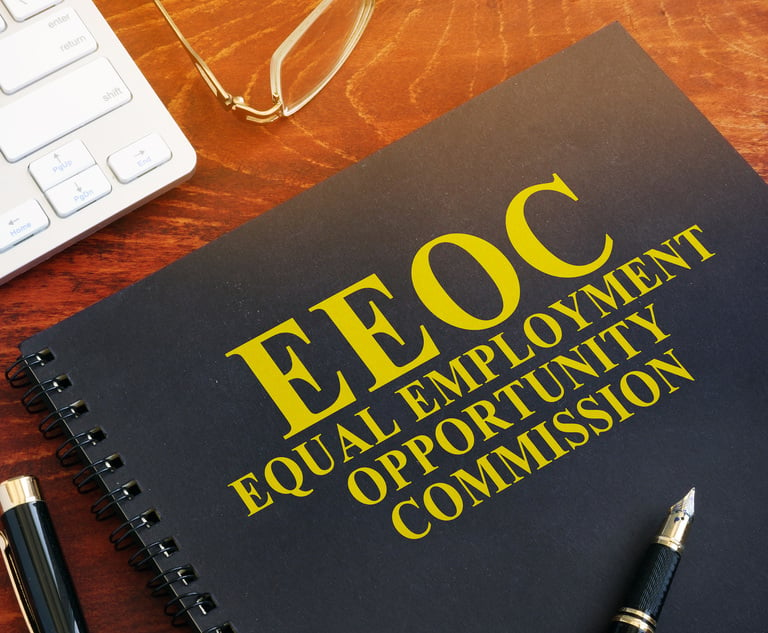



Justin Henry|March 08, 2023
“We can't just be focused on events and activities, and we can’t just be focused on changing hearts and minds," said Alexis Robertson, director of diversity, equity and inclusion at Foley & Lardner. "It has to be more of a systems-focused approach.”
6 minute read


Presented by BigVoodoo
General Counsel Summit is the premier event for in-house counsel, hosting esteemed legal minds from all sectors of the economy.
Join General Counsel and Senior Legal Leaders at the Premier Forum Designed For and by General Counsel from Fortune 1000 Companies
WIPL is the original global forum facilitating women-to-women exchange on leadership and legal issues.
Truly exceptional Bergen County New Jersey Law Firm is growing and seeks strong plaintiff's personal injury Attorney with 5-7 years plaintif...
Shipman is seeking an associate to join our Labor & Employment practice in our Hartford, New Haven, or Stamford office. Candidates shou...
Evergreen Trading is a media investment firm headquartered in NYC. We help brands achieve their goals by leveraging their unwanted assets to...
MELICK & PORTER, LLP PROMOTES CONNECTICUT PARTNERS HOLLY ROGERS, STEVEN BANKS, and ALEXANDER AHRENS